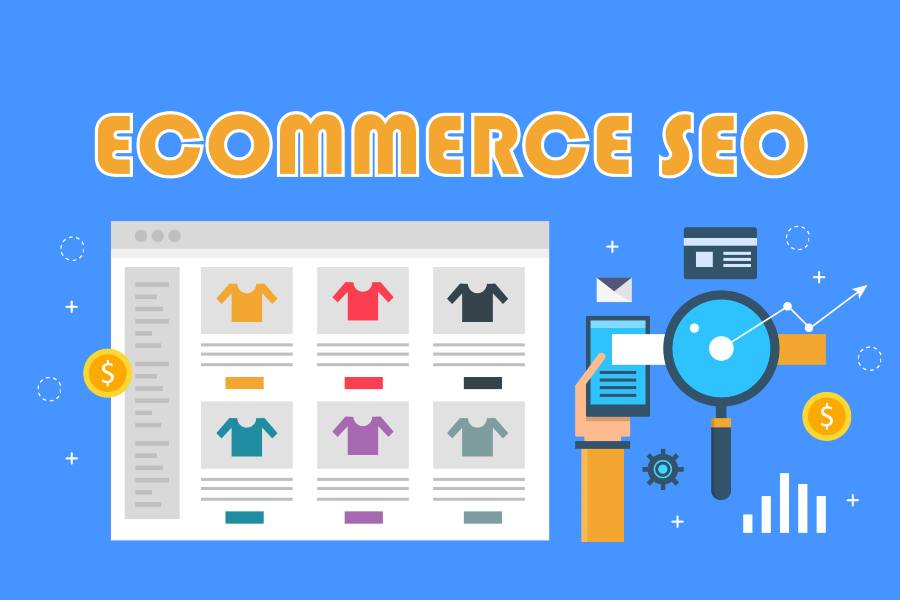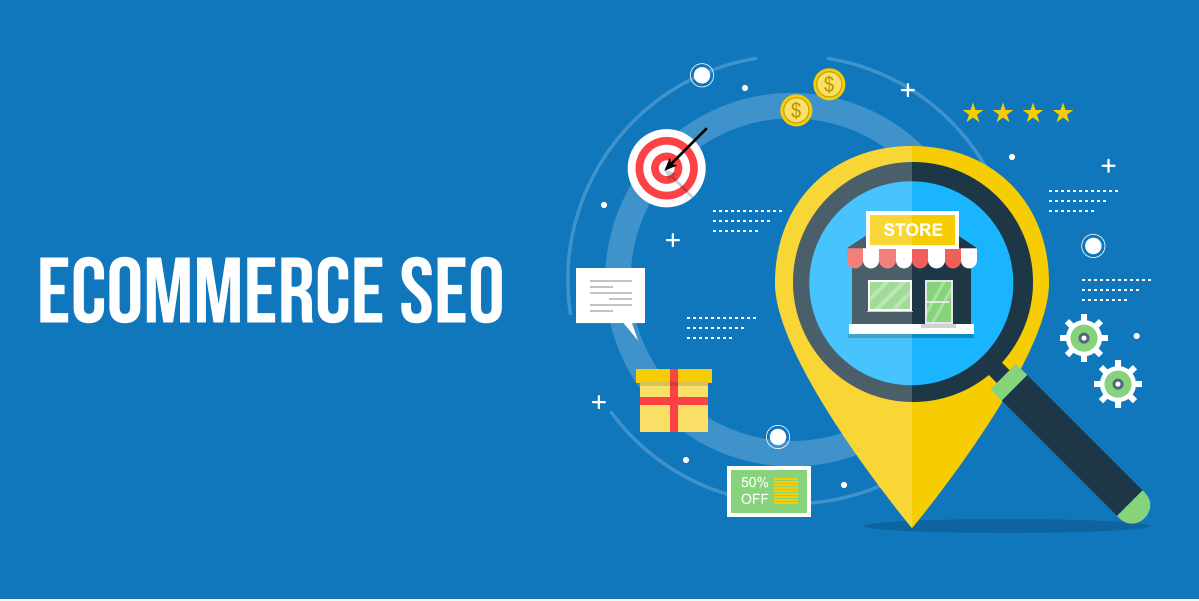In today’s digital landscape, ecommerce reigns supreme. But with countless online stores vying for attention, how do you ensure local customers discover your business? The answer lies in harnessing the power of local SEO for ecommerce.
Local SEO is the art of optimizing your online presence to rank higher in search results for local searches. Imagine a customer searching for “bike shop near me.” With effective local SEO, your store can appear at the top of the search results, driving more traffic and boosting sales.
What is Local SEO for Ecommerce?
In the fast-paced world of ecommerce, competition is fierce. But what if you could unlock a treasure trove of potential customers actively searching for what you offer, right in your own backyard? That’s the power of local SEO for ecommerce. Local SEO stands for Local Search Engine Optimization. It’s the art of optimizing your online presence to rank higher in search results for local searches. Imagine a customer in your city searching for “bike shop near me.” With effective local SEO, your ecommerce store selling bicycles can appear at the top of the search results, driving more qualified traffic and ultimately increasing sales.Here’s why local SEO is crucial for ecommerce businesses:
- The Rise of “Near Me” Searches: People are increasingly searching online for products and services available nearby. Studies show a significant rise in “near me” searches, indicating a shift in customer behavior towards local options.
- Target Local Customers: Local SEO allows you to target customers actively searching for products you offer within your specific area. This laser focus on local intent translates to higher conversion rates.
- Boost Brand Awareness: By appearing in local search results, you increase brand visibility within your community. This establishes you as a trusted local business for potential customers searching for relevant products or services.
- Drive In-Store Traffic (if applicable): A strong local SEO presence can bridge the gap between online and offline experiences. Customers who discover your store online might be more likely to visit your physical location if it’s convenient.
- Build Trust and Credibility: Local SEO encourages positive online reviews and a strong local presence. This fosters trust with potential customers searching for reliable businesses in their area.
Dominate Local Search: Essential Strategies
Now that you understand the power of local SEO for ecommerce, let’s delve into the key strategies to implement:On-Page Optimization for Local Visibility:
- Infuse your website content with relevant local keywords. Include your city, neighborhood, or surrounding areas.
- Ensure your Name, Address, and Phone Number (NAP) are consistent across all website pages.
- Create location-specific landing pages targeting products or services popular in your area.
- Showcase positive testimonials and reviews from local customers to build trust.
Claim and Manage Local Business Listings:
- Google My Business (GMB) is crucial. Claim your GMB listing and optimize it with accurate information, high-quality photos, and engaging descriptions.
- Don’t neglect other relevant local directories like Yelp, Bing Places for Business, and industry-specific platforms.
- Maintain NAP consistency across all listings. Even minor inconsistencies can harm your local SEO efforts.
- Regularly update your business information and actively respond to reviews, both positive and negative.
Build Local Citations and Links:
- Encourage satisfied customers to leave reviews on Google My Business and other platforms. Positive reviews are gold for local SEO.
- Partner with complementary local businesses for guest blogging opportunities or co-marketing campaigns. This increases visibility and establishes trust with shared audiences.
- Get listed in local online directories, publications, and community websites.
Leveraging Local Content Marketing:
- Craft compelling blog content that resonates with local interests, events, and needs. Highlight your expertise in catering to the local market.
- Optimize product descriptions with local keywords and emphasize the benefits for local customers (e.g., “fast local delivery”).
- Utilize local schema markup to provide richer search results. This can include details like store hours and accepted payment methods.
Optimize for the Mobile Experience:
- In today’s mobile-first world, ensure your website is mobile-friendly. Local searches often happen on smartphones, so a smooth user experience is crucial.
- Make your store locator functionality prominent and user-friendly.
- Include click-to-call options to connect with local customers effortlessly.







